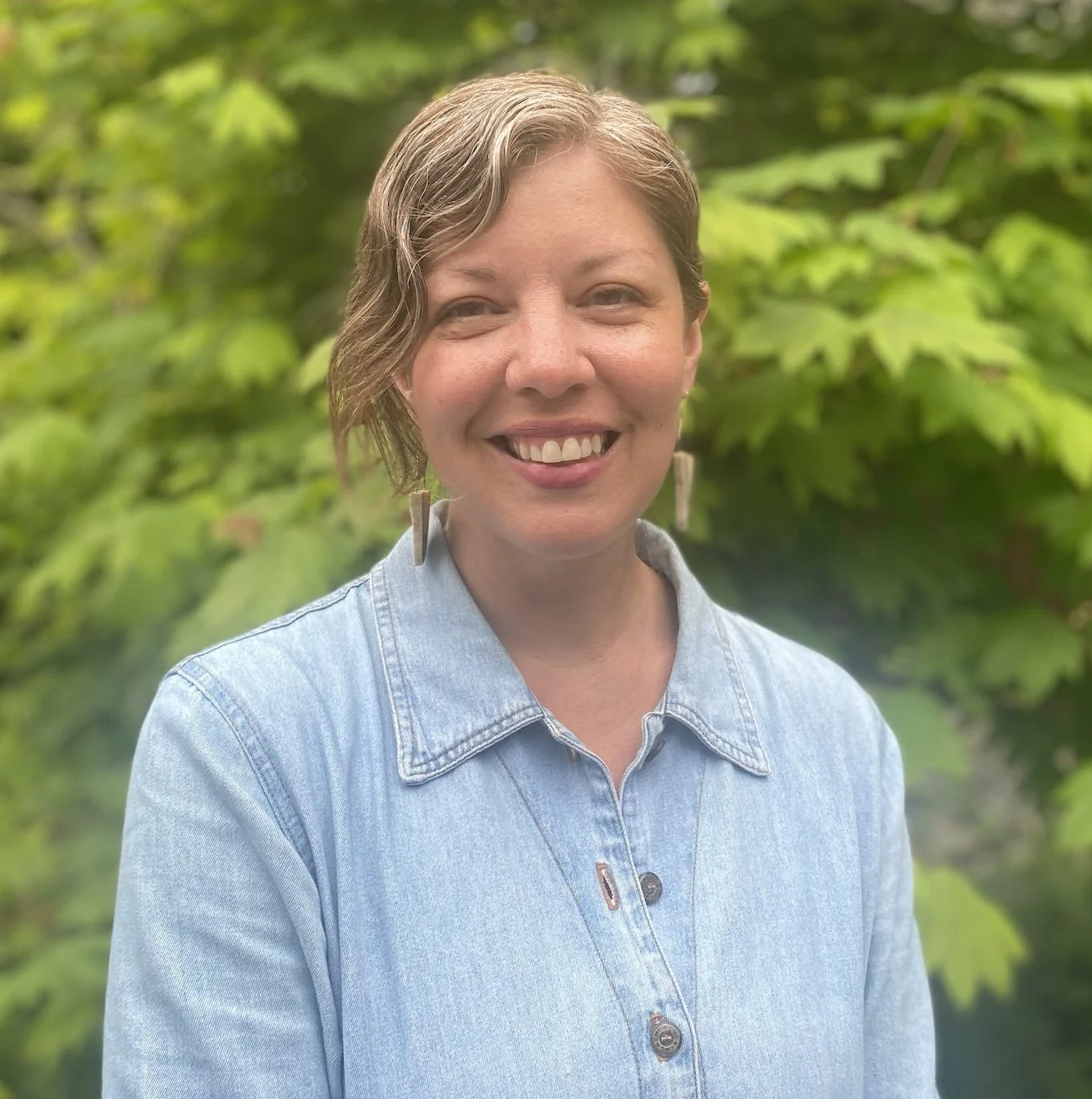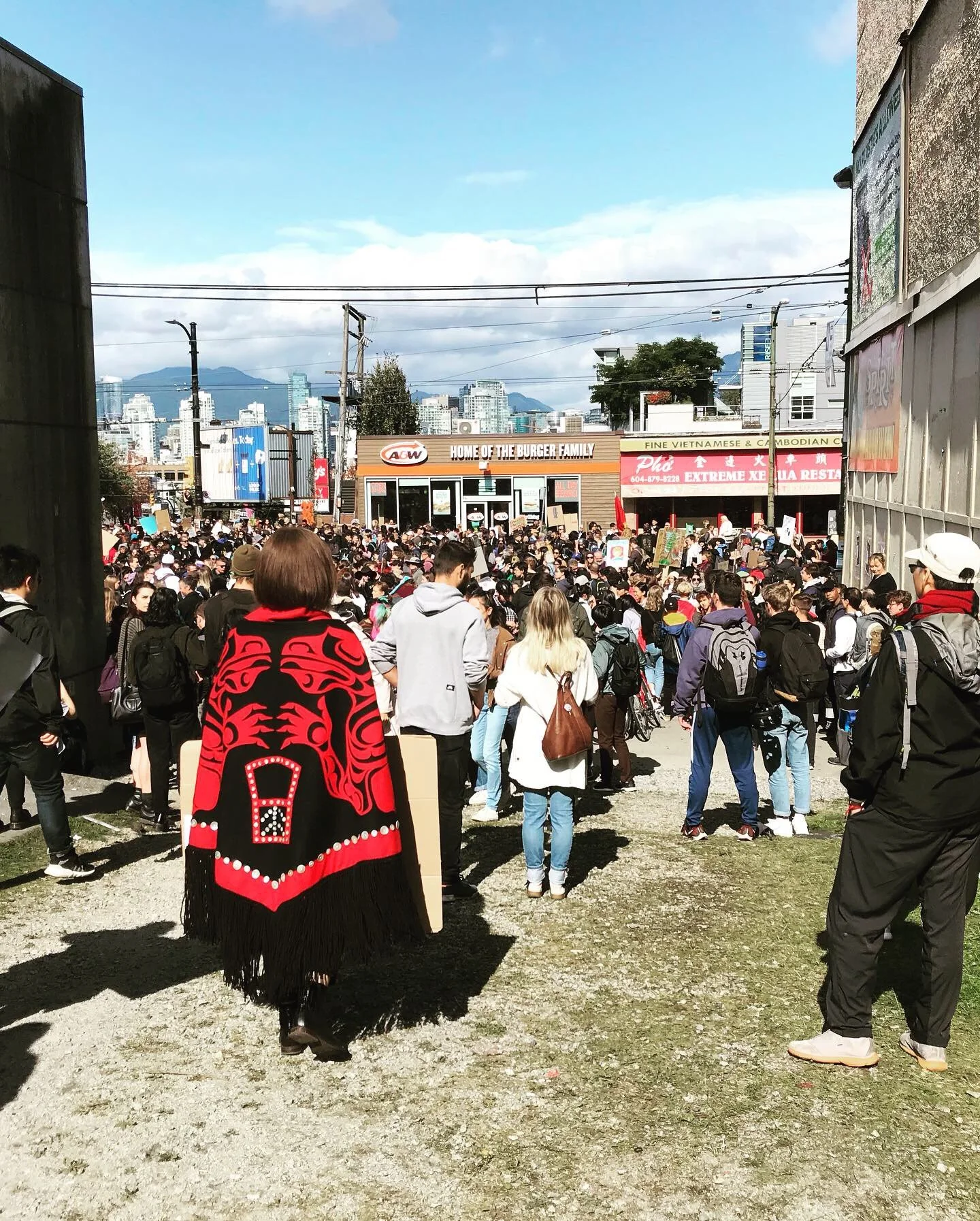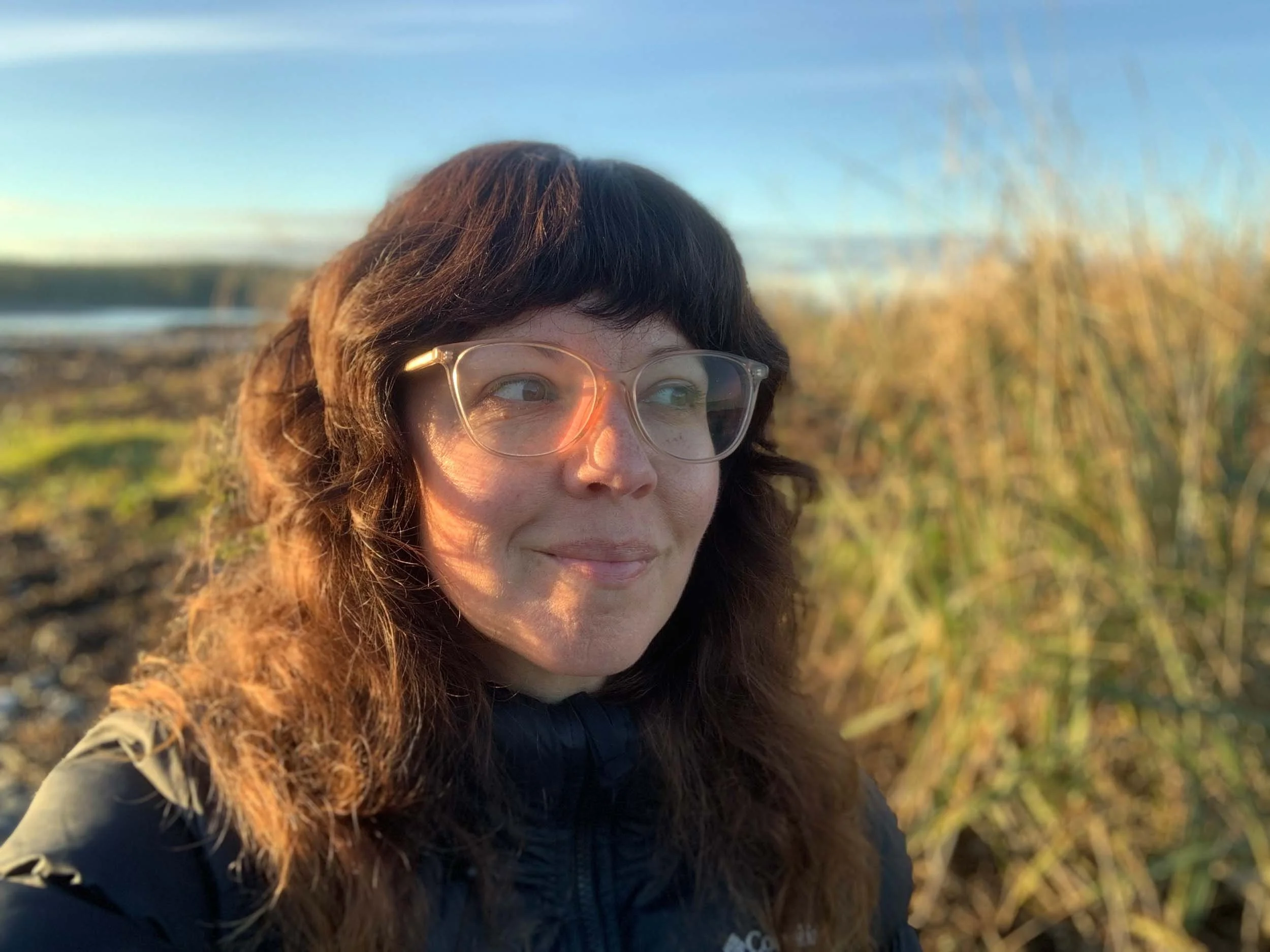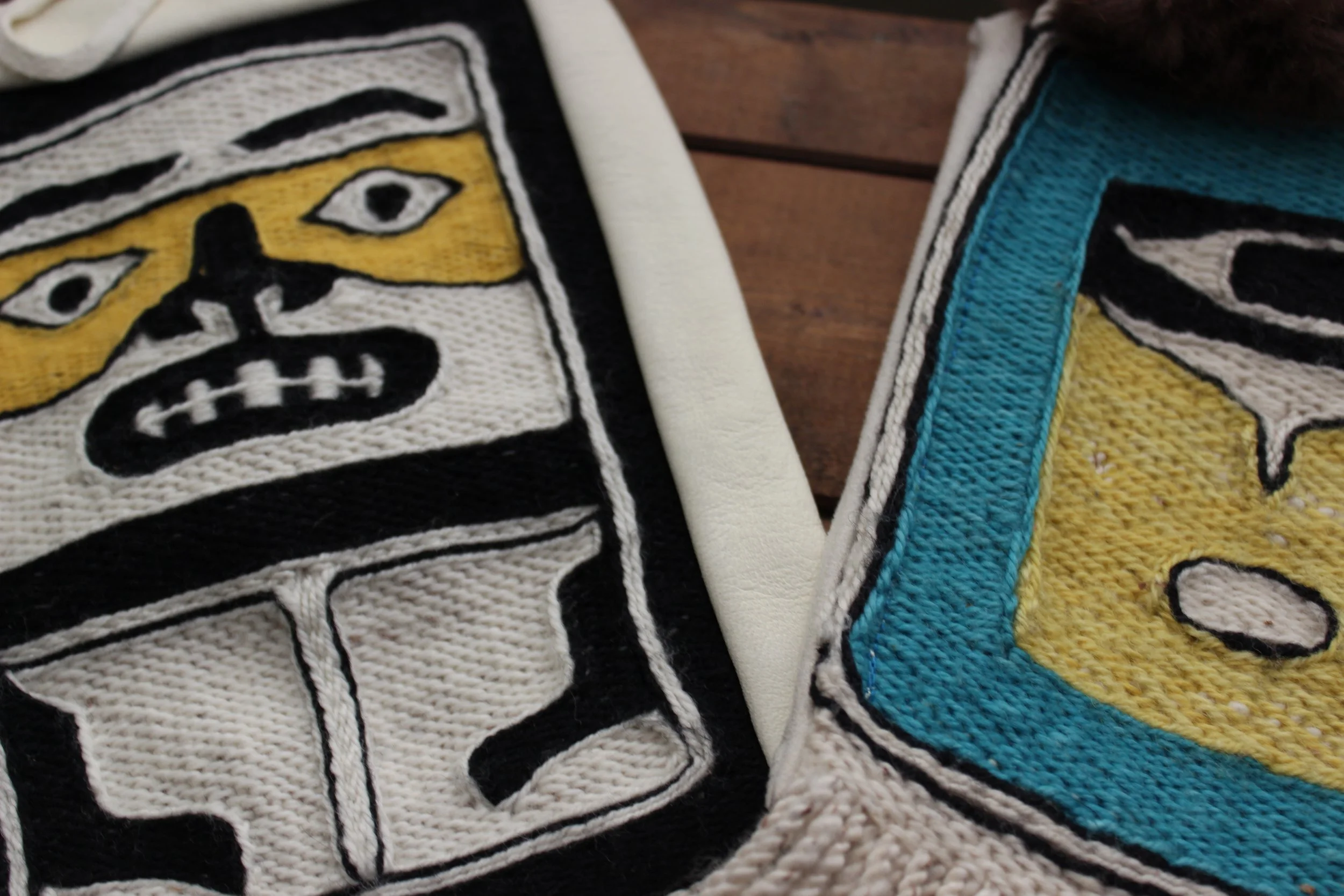Sarah Hunt / Tłaliłila’ogwa
Kwakwaka’wakw writer, scholar, and activist
Sarah Hunt / Tłaliłila’ogwa is a Kwakwaka’wakw writer, scholar, and activist. For more than two decades, Sarah has sought justice for Indigenous Peoples and communities. Her writing and research are grounded in queer feminist analysis and an ethically ‘undisciplined’ approach to scholarship spanning legal geography, political ecology, gender studies, and Indigenous politics.

With roots in community-based anti-violence activism, Sarah’s work focuses on relationships between, on the one hand, intimate and embodied scales of Indigenous life and, on the other hand, governance of lands, waters, and relationships across natural and supernatural worlds. She enjoys working collaboratively with students, community members, and other colleagues to address intersecting questions about power, wellbeing, and knowledge sovereignty. Sarah is passionate about creating innovative methodologies that will activate Indigenous self-determination, thereby fostering alignment between theory and praxis.
Sarah currently works at the University of Victoria (UVic) as the Canada Research Chair in Indigenous Political Ecology. She is an Associate Professor in the School of Environmental Studies.
Sarah is honored to have received the UVic President's Distinguished Alumni Award (2022), AAG Glenda Laws Award for Social Justice (2017), and a Governor General's Gold Medal (2014). Her 2023 article in BC Studies “Looking for Lucy Homiskanis, Confronting Emily Carr: Nature, Gender and the (Re)Making of British Columbia,” received the BC Studies best article award and the Hilda Neatby Prize for best article in English from the Canadian Committee on Women’s and Gender History.
Dr. Hunt / Tłaliłila’ogwa is a member of the Kwakiutl First Nation. She has Kwagu’ł, Dzawada’enuxw, and Tlingit ancestry, as well as Ukrainian and English settler ancestry.
Staff & Grad Students
-
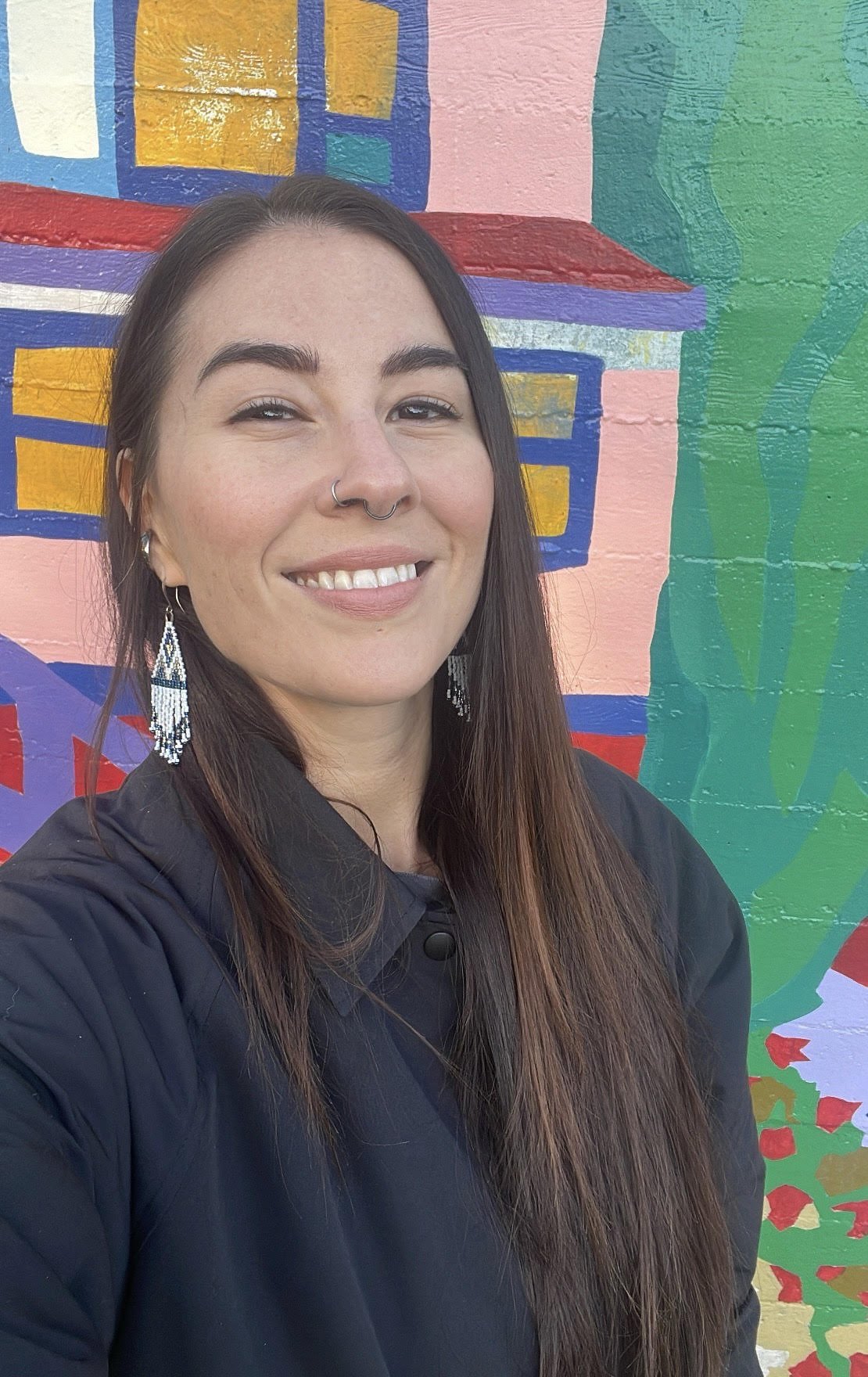
Jennifer Lavalley
Jennifer Lavalley (she/her) is a Michael Smith postdoctoral fellow at the University of Victoria with the Canadian Institute for Substance Use Research and the Centre for Indigenous Research and Community-Led Engagement. A queer/two-spirit Nêhiyaw-Saulteaux Métis scholar from Regina, SK, and a registered member of Piapot First Nation, her research focuses on substance use, harm reduction, resurgence, and Indigenous and decolonial methodologies.
-
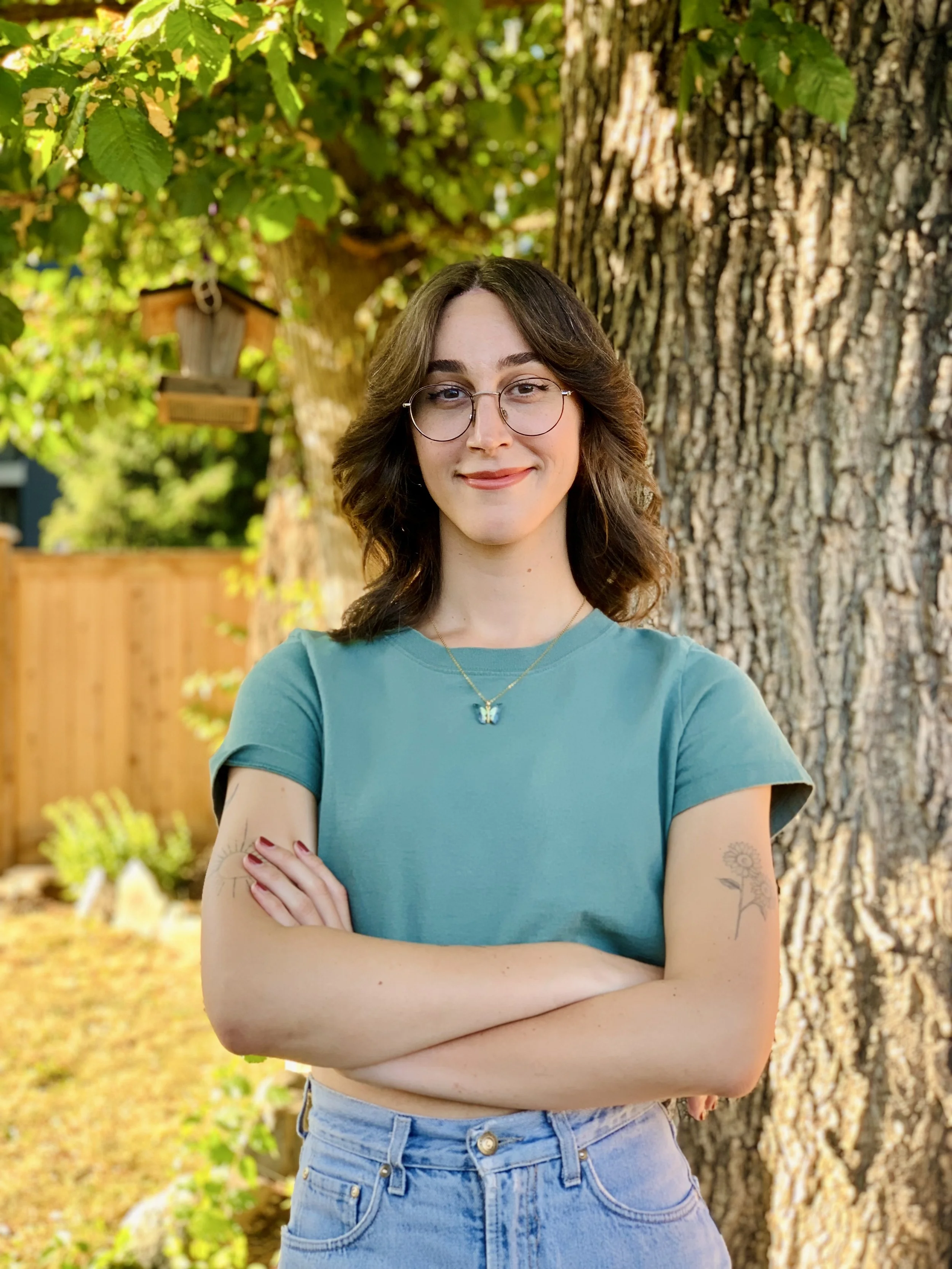
Jamey Jesperson
Jamey Jesperson is a Vanier Scholar and History PhD Candidate who studies trans histories of Indigenous and colonial North America. Jamey’s regional focus is the Pacific coast, where she’s lived most of her life as a settler of Armenian/Scandinavian ancestry, namely on the unceded lands of the Payomkawichum and Lkwungen peoples. Building on her oral history collaboration with Two-Spirit Knowledge Keeper Saylesh Wesley (Stó:lō/Ts’msyan), and under the careful supervision of Dr. Hunt, Jamey’s dissertation endeavors to re-story the lives and worlds of trans Indigenous people on the Northwest Coast across the first century of ‘contact’ with foreigners (1774-1890).
-
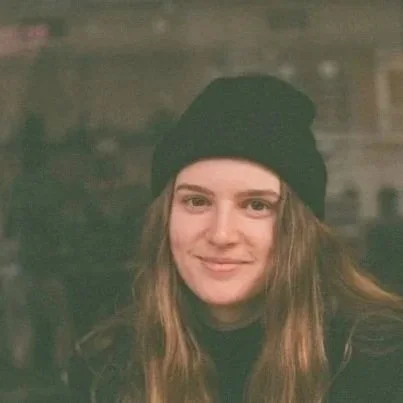
Sarah Graham
Sarah (she/her) is a queer white settler who has lived on the lands of the lək̓ʷəŋən and WSÁNEĆ peoples for the past 10 years. She has worked in a wide range of community-based organizations doing youth support, health education, harm reduction, and violence prevention work. She currenty works with Coastal Justice as a research associate.
In her Master of Social Work thesis research (co-supervised by Dr. Hunt), Sarah identified principles for anti-violence education which support young people to learn about sex, communication, and intimate relationships in meaningful ways that raise the bar far above consent. Her research drew upon sex-positive decolonial work from feminist, anti-racist and Indigenous studies while collaborating with her colleagues in the local anti-violence community.
Grad Student Inquiry
If you’d like to join Sarah’s team of researchers, reach out with a writing sample and a few reasons why you’d be a great fit.
